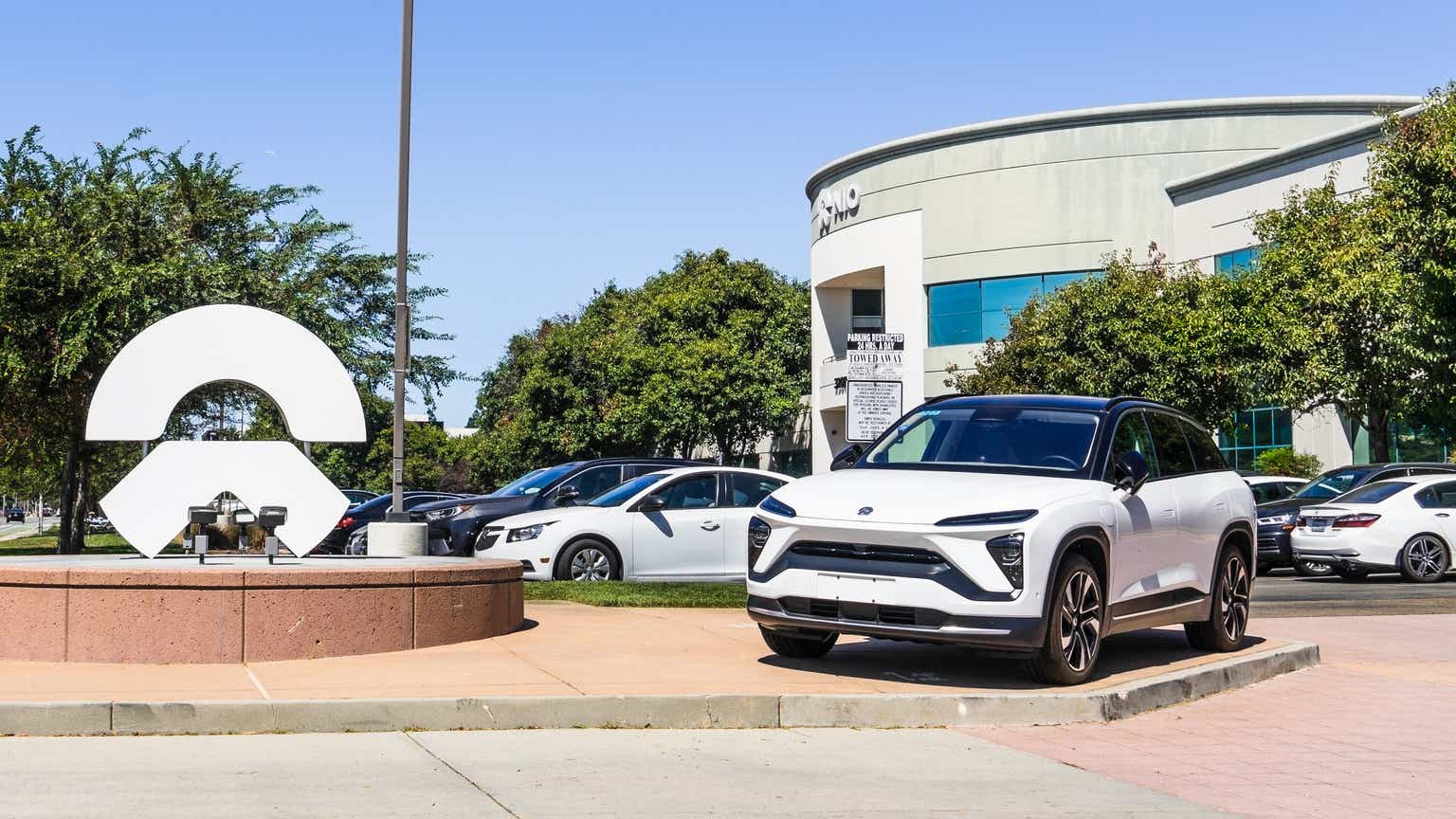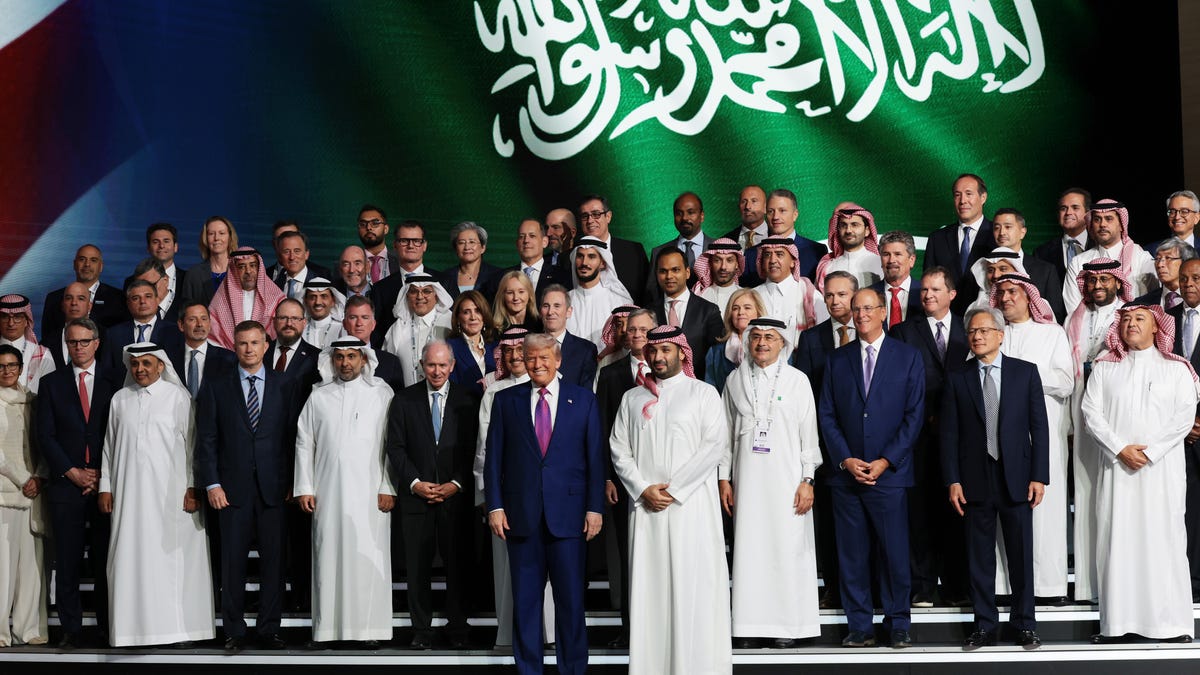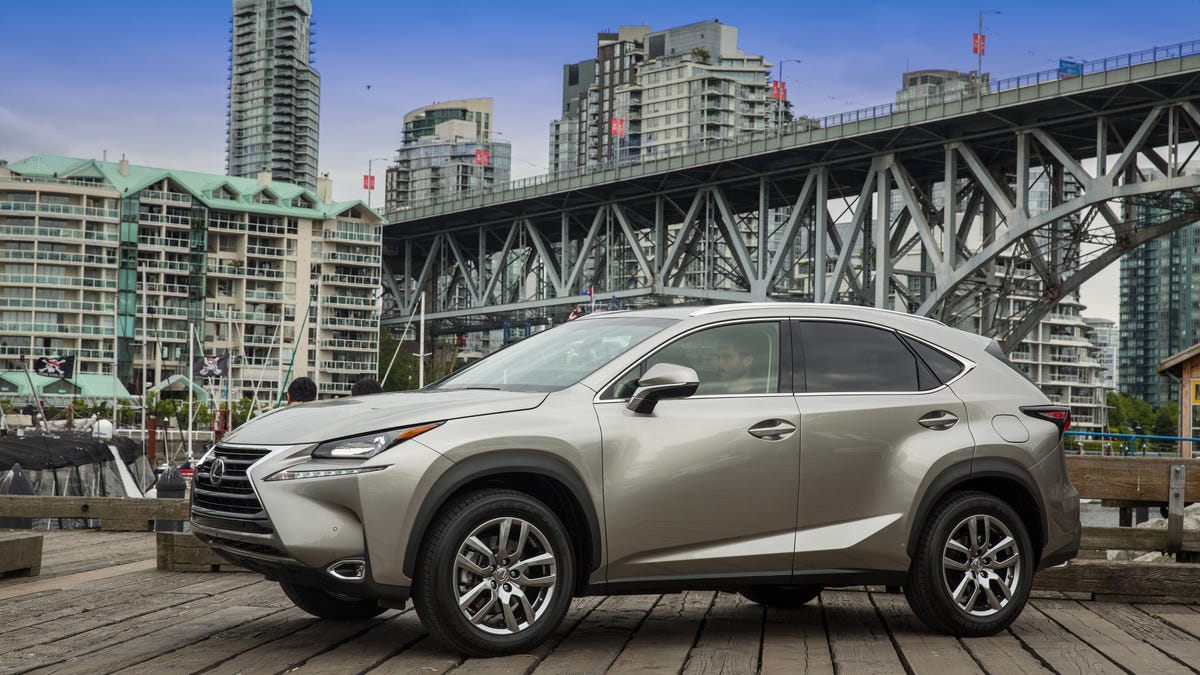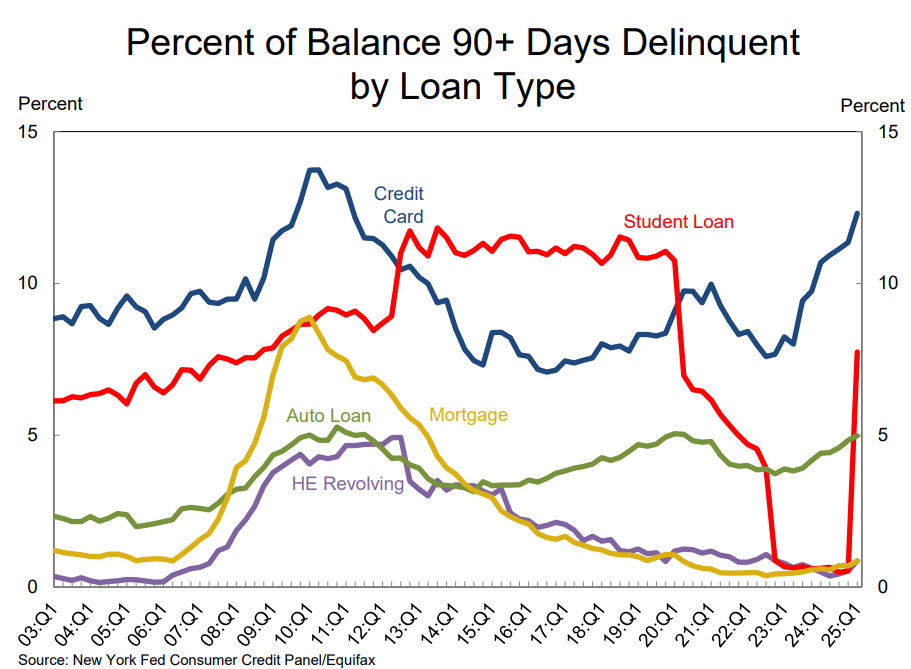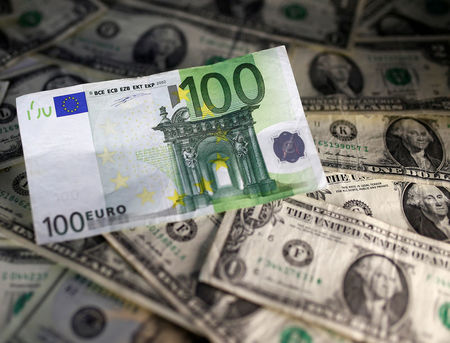EV sales could see a 20 million unit boost this year as growth continues despite trade uncertainty
China continues to drive the transition to EVs, accounting for almost two-thirds of global sales last year and more than 70 percent of worldwide production.
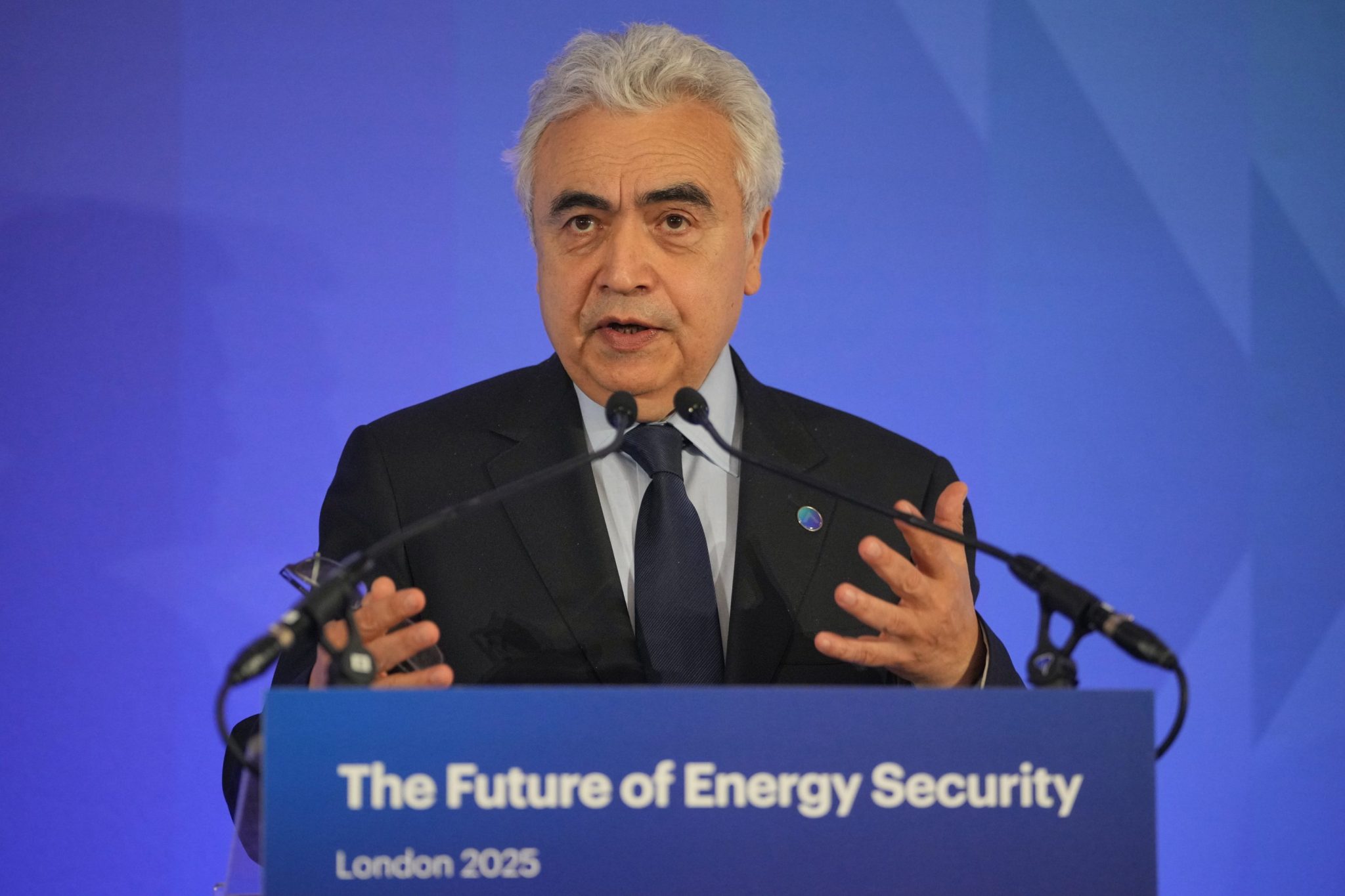
Uncertainty about trade and industrial policy triggered by US tariffs won't derail growth in sales of electric vehicles, which should account for one in four cars sold this year, the IEA said Wednesday.
In its annual report on the outlook for the uptake of electric vehicles -- a key element in efforts to reduce climate-changing emissions -- the International Energy Agency indicated that the increasing affordability and lower operating costs was supporting sales.
"Our data shows that, despite significant uncertainties, electric cars remain on a strong growth trajectory globally," IEA Executive Director Fatih Birol said in a statement accompanying the report.
"This year, we expect more than one in four cars sold worldwide to be electric, with growth accelerating in many emerging economies," he added.
"By the end of this decade, it is set to be more than two in five cars as EVs become increasingly affordable."
The IEA put sales of EVs, including plug-in hybrids, at more that 17 million last year, as sales increased by more than 3.5 million vehicles from 2023.
With first quarter EV sales jumping 35 percent globally, the IEA expects more than 20 million should be sold this year.
China continues to drive the transition to electric vehicles, accounting for almost two-thirds of global sales last year and more than 70 percent of worldwide production.
"The growth in China reflects in no small part the growing price competitiveness of battery electric cars with conventional cars in the country," said the IEA.
It found that "in China, two-thirds of all electric cars sold last year were priced lower than their conventional equivalents, even without purchase incentives."
But a considerable purchase price gap remains in many other markets.
The IEA found the average battery electric car price in Germany remained 20 percent higher than that of its conventional counterpart.
Battery electric cars in the United States were still 30 percent more expensive.
EV sales in China increased by almost 40 percent year-on-year in 2024, to nearly one in two vehicles overall, said the report.
Sales of EVs stagnated in Europe last year at around one in five, thanks in part to a reduction of government purchase subsidies in France and Germany.
EV sales growth slowed in the United States last year, to 10 percent, with their share in overall sales also rising to just over 10 percent.
Affordable Chinese cars drive sales
Sales in emerging and developing economies in Asia, Latin America and Africa boomed last year, increasing by over 60 percent year-on-year.
"This rapid growth has been strengthened by policy incentives and the growing presence of relatively affordable electric cars from Chinese" automakers, said the IEA.
Chinese automakers have also been investing in local production in numerous developing country markets to avoid tariffs, it added.
The IEA noted that high tariffs wouldn't impact only sales of EVs but conventional cars as well, with a slowing economy pulling down demand for cars overall.
But it said the Chinese market showed potential to resist a slowdown thanks to political support and competitive EV prices. The IEA added that Europe's experience during the Covid pandemic showed policies could support the sector as well in the face of economic headwinds.
The IEA also found that the global trade in EVs has been increasing, now accounting for almost one fifth of total sales.
This story was originally featured on Fortune.com










